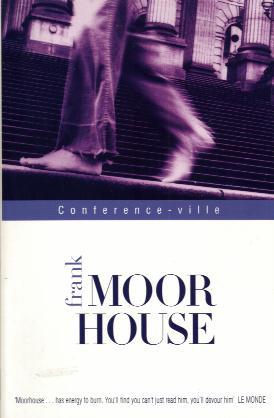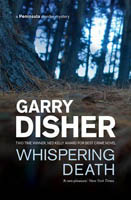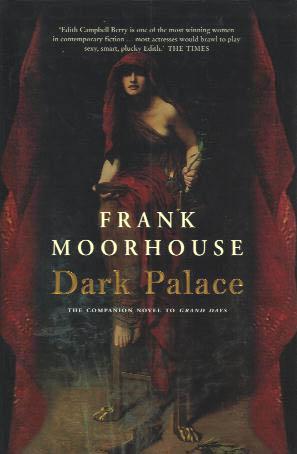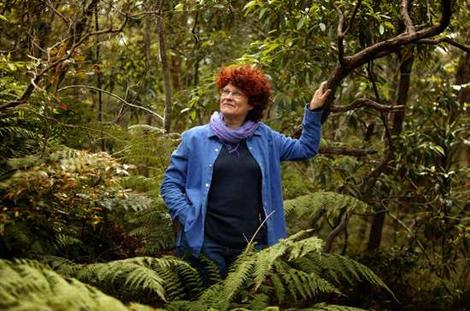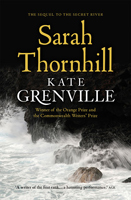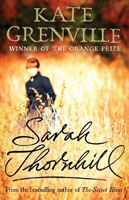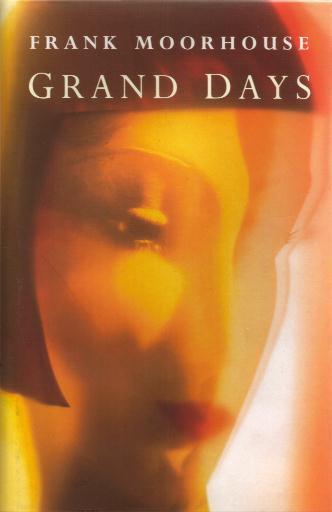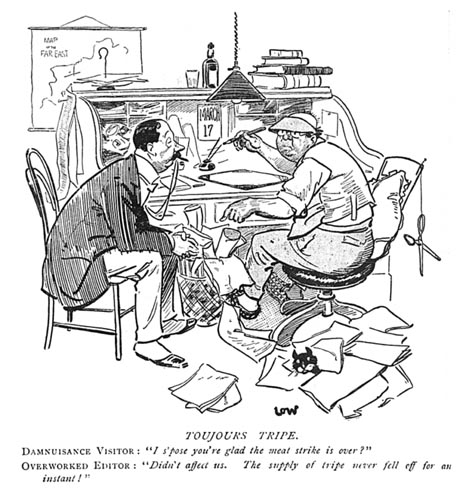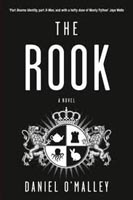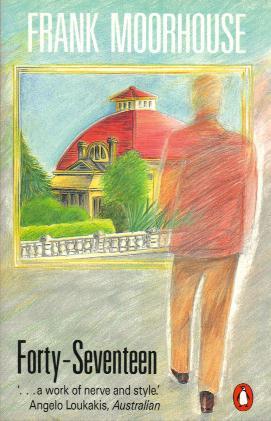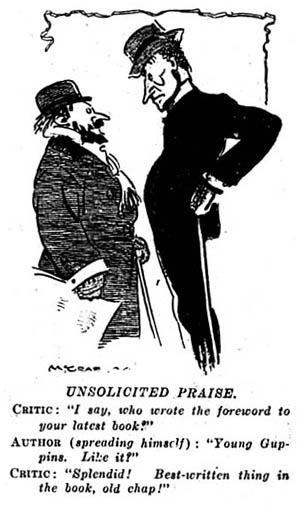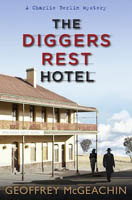We are glad to see the works of the late Charles Harpur rescued from their fugitive and disconnected state of existence, and given a fair chance of long life by being collected in a substantial and presentable volume. Those who now read his works for the first time will be surprised that a man who had advanced so far in the path of lyrical achievement should be so little known, and so seldom referred to. Considering the outcry that is so often made against Australian poets, on the ground that their work is simply English poetry transplanted; that it lacks the voice, colour, and flavour of Australia, and that it might as well have been written anywhere else, for aught of characteristic spirit it has absorbed from its surroundings; it is, indeed, surprising that this writer, who fulfilled just such requirements as are desiderated in such strictures; who was, in truth, all compact of the very essence of his environment; is not more fondly cherished and more proudly pointed to as a genuine representative of Au tralian song. Our reading public may at least rely upon this, that the future historian of Au tralian literature will take large account of Charles Harpur as one of the true pioneers of poetry on this continent; not merely treading in other men's paths, but impelled by his own inward force to traverse new regions, with no guide but his own spontaneous muse. It has been remarked by critics that Harpur lacks smoothness, and it is impossible to deny that almost any man of culture and versatile talent could take many of his verses and "lick them into shape." But we question very much whether they would gain anything by the polishing process. In many passages there is something pleasingly sturdy in the very uncouthness of the mode of expression. There is not a page in all the book, however bristling with discords, in which the highly developed poetic temperament does not overcome the obstacles of speech through sheer force of earnestness, and through a communicative vividness of imagination that compels the reader to feel that he is under the sway of a genuine master. It has been said, in excuse for the roughness of his speech, that
All of his aptest years were passed
In primal solitudes wild and vast;
but it seems to us that this rather supplies the clue to his excellence than the excuse for his defect. In no other school could he have acquired such capacity of observation, such mastery of nature in all her moods, or such an intenseness of what we can only call "insight," which is the most authentic mark of the true poetical genius. In what other school could he have learned to use such an expression as we have italicised in the following quotation?--
Instinctively, along the sultry sky
I turn a listless, yet inquiring, eye;
And mark that now with a slow, gradual, pace
A solemn trance creams northward o'er its face.
What other mode of culture could have given him the power to conjure words into vehement noonday heat? as when he writes--
For round each crag, and o'er each bosky swell,
The fierce refracted heat flares visible,
Lambently restless, like the dazzling horn
Of some else viewless veil held trembling over them.
In what book could he have learned to note and so to express one of the signs of a coming storm? as thus--
Why cease the locusts to throng up in flight,
And clap their gay wings in the fervent light?
Why climb they, bodingly demure, instead
The tallest spear-grass to the bending head?
What university curriculum could have enabled him to improve upon such a passage as this from his "Address to the Comet of 1843?"--
And when the flaming steps
Of thy unspeakable speed, which of itself
Blows back the long strands of thy burning hair
Through half the arch of night, shall lead thee forth
Into the dim of the inane, beyond
Our utmost vision; all the eloquent eyes
Now open wide with welcome and with wonder --
Eyes tender as the turtle's, or that speak
The fervent soul and the majestic mind;
All these, alas ! --- all these, ere thou once more
Shalt drive thus fulgently around the sun
Thy chariot of fire, fast closed in dust
And mortal darkness, shall have given for aye
Their lustre to the grave.
We regret that we have not space for extended criticism, or for such sufficiency of quotation as might enable us to justify our estimate of the book. We heartily commend it to all lovers of Australian literature, and as heartily join the aspiration which concludes Mrs. Harpur's pathetic dedication of her late husband's work to the Australian people--that it may "be found not unworthy to take a place in the literature of every English-speaking community."
First published in The Queenslander, 13 October 1883
[Thanks to the National Library of Australia's newspaper digitisation project for this piece.]
